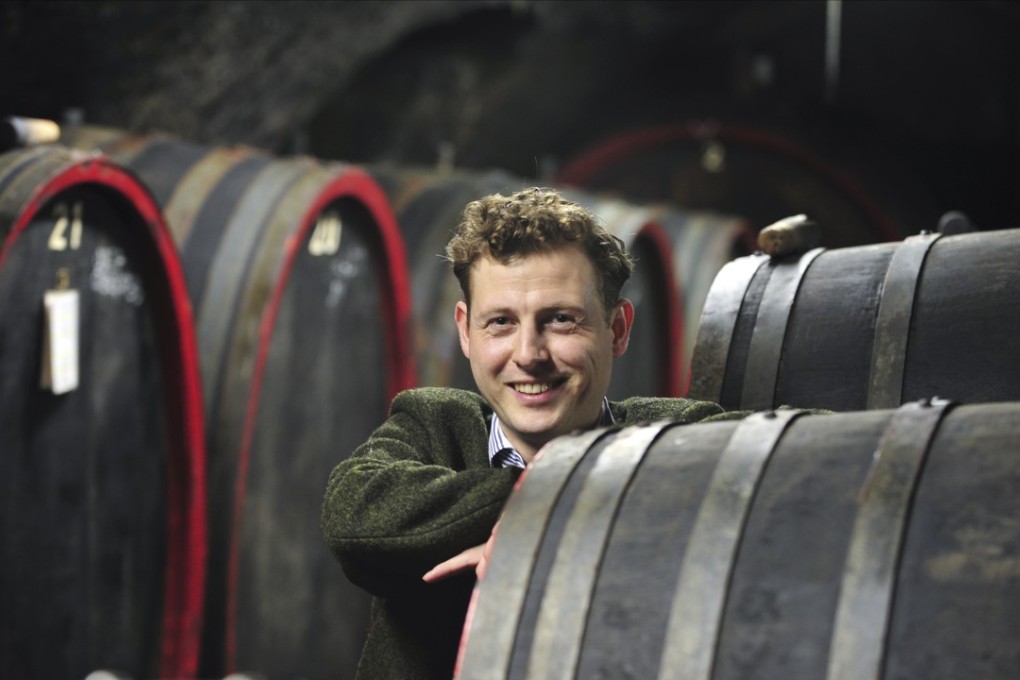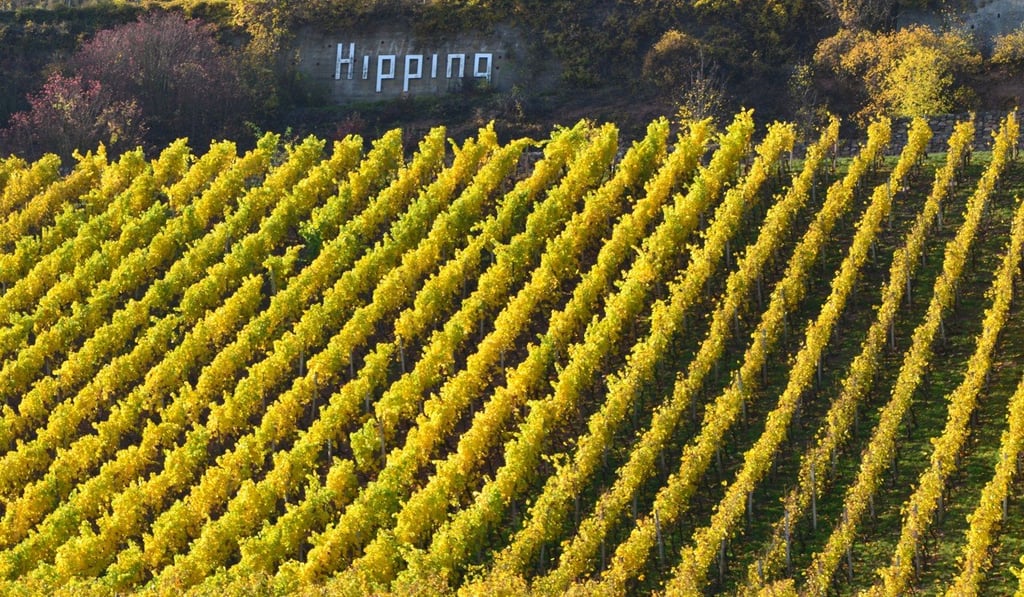At centuries-old German winery, nuance and elegance come naturally
Diversity of terroirs and adherence to tradition essential to the illustrious Schätzel winemaking family in the Rheinhessen region

Weingut Schätzel winery has been quietly attracting the attention of critics. Specialising in riesling, the Schätzel familyhas been making wines for 650 years in the Rheinhessen, Germany’s largest wine region. Its wine styles are pure expressions of restraint and elegance, with each bottle encapsulating the origins of its making.
According to winemaker Kai Schätzel, the Rheinhessen is far from being an homogenous region, with diverse subregions and terroirs. Schätzel takes a Burgundian approach, saying that each vineyard site has a unique topography and soil composition, as well as its own micro climate. He says the two defining features in the Rheinhessen are the “limestone dominated vineyards around Westhofen and the slate red slopes in Nierstein that face the Rhine River”.
Schätzel is a man of nature. “I love to be out in the vineyards,” he says. “Listening and talking to thousands of vines is thrilling. You recognise fast that we are only the translators of nature but we can do it with an accent.”
He sees his work as a creative process. “We try to grow the best grapes possible under the circumstances,” he says. “From the day of picking, the challenge is to keep and protect the natural gift and to develop the most impressive interpretation.”

I love to be out in the vineyards. Listening and talking to thousands of vines is thrilling. You recognise fast that we are only the translators of nature but we can do it with an accent